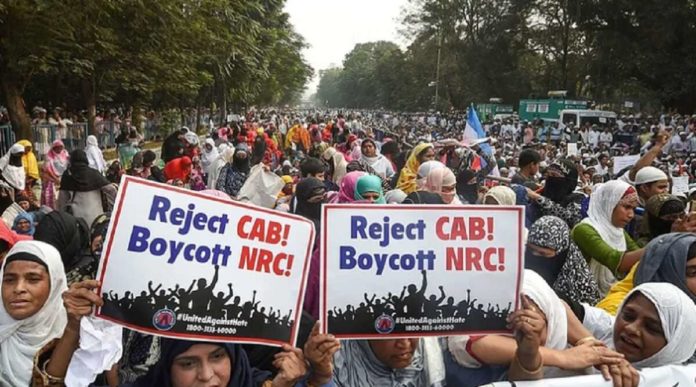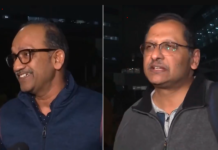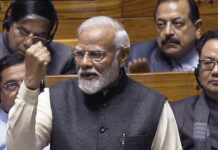
In the last few days Citizenship Amendment bill that was cleared by the Parliament of India has become a topic of heated debate. And there are more than one reason for the hype around CAB. Along with anger because of the discrimination against the Muslims by the Legislation, another fear that is creeping in is the fear of influx of settlers.
The legislation proclaims that the act was brought to fast-track citizenship for persecuted Hindus, Parsis, Sikhs, Buddhists, Jains, and Christians who arrived in India before Dec. 31, 2014, from Bangladesh, Pakistan, or Afghanistan. For the immigrant religious minorities, the law effectively amends India’s Citizenship Act, 1955, which required an applicant to have resided in India for 11 years.
The reason why this act is being protested is the exclusion of Muslims from the minorities list. For instance, Rohingya Muslims fleeing from Myanmar, will not be given citizenship under the new law. Same for Sri Lankan Tamils. A large number of mass has started protests in West Bengal, Kerala, and Goa, while some of these protests turned violent. In Delhi, police allegedly resorted to tear-gas shells, guns, and batons to push back protestors at Jamia Millia Islamia university.
While in the northeast, the resistance to the legislation has a totally different shade.
The NRC picture :
In Assam, people fear that a large number of infiltrators, regardless of religion, will change the complete demographic aspect of the area. Massive protests in the state capital Guwahati forced the government to shutdown internet on 11th of December.
Citizens are also concerned about the controversial National Register of Citizens (NRC), which requires people to produce documents of ancestry to be enlisted as Indian citizens. This exercise, undertaken by prime minister Narendra Modi’s government in Assam between February 2015 and August this year, was meant to “throw out infiltrators.”
The final list of citizens, published on Aug. 31, excluded nearly 19 lakh residents of Assam, including Hindus. Ever since, India’s home minister Amit Shah has hinted at the possibility of a nationwide NRC. Shah referred to “illegal immigrants” as “termites” in April, and the citizenship act is now being seen in the context of the planned nationwide NRC.
The NRC in Assam looks to have only deepened the divide between the different cultural groups in the state, bringing back memories of the unrest of the 1980s. Speaking of that time, it was the time when Assamese-speaking residents of the state feared being overpowered by Bengali-speaking Bangladeshi immigrants after Bangladesh’s liberation in 1971.












